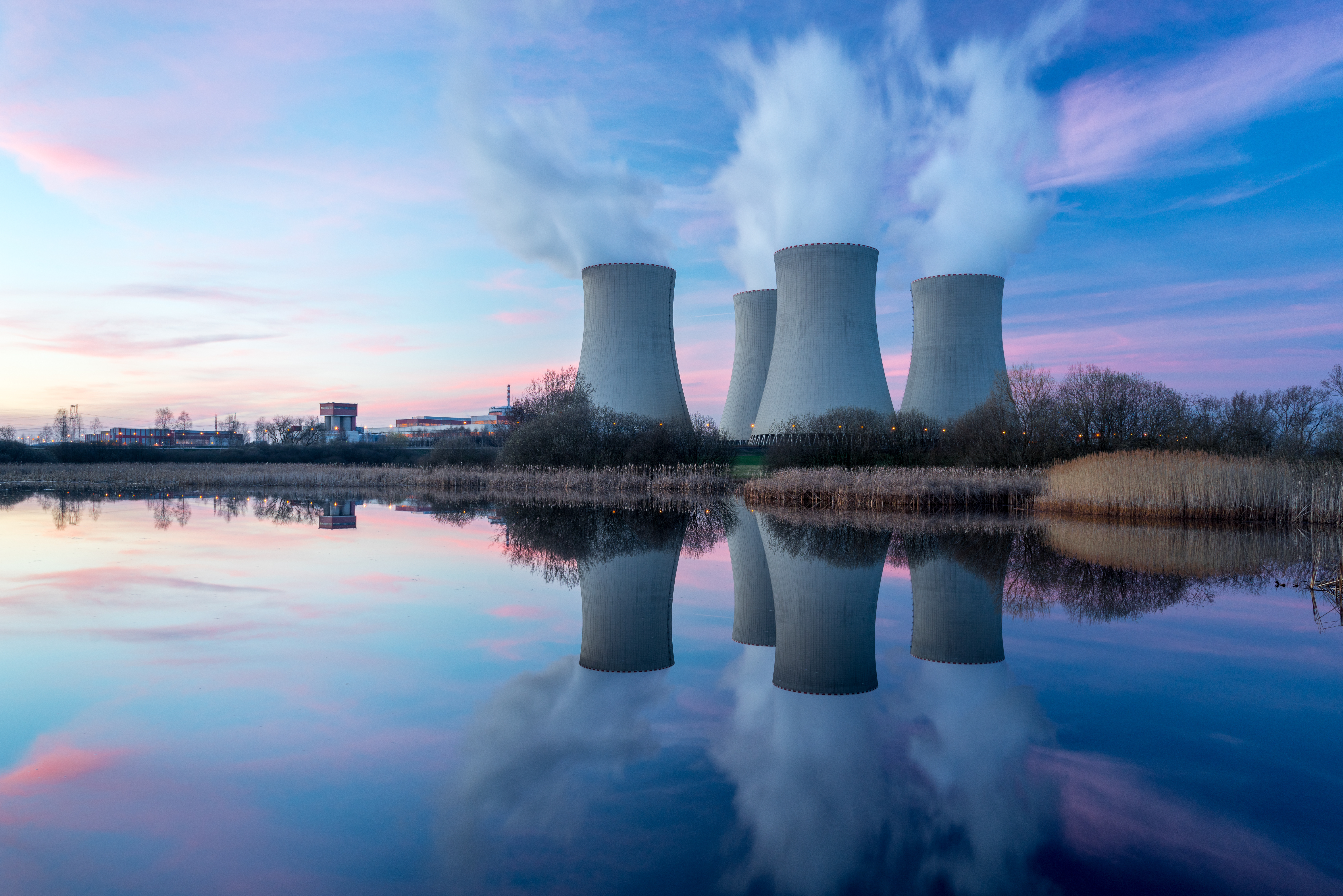Bitcoin mining increases levels of air pollution harmful to human health

Bitcoin mining—the process through which computers generate cryptocurrency tokens—exposes millions of Americans to harmful air pollution each year, according to a new study led by researchers at Harvard T.H. Chan School of Public Health.
The study was published March 26 in Nature Communications. Francesca Dominici, Clarence James Gamble Professor of Biostatistics, Population, and Data Science, was corresponding author. Other co-authors included Gianluca Guidi, visiting scholar, and Falco Bargagli Stoffi, department associate, both in the Department of Biostatistics; and Scott Delaney, research scientist in the Department of Environmental Health.
Previous research has estimated significant greenhouse gas emissions from Bitcoin mining, which requires vast amounts of electricity. But much remains unknown about its specific impacts on levels of fine particulate air pollution (PM2.5), a type of air pollution linked to increased risk of a variety of diseases, including cancer, heart disease, and dementia.
To investigate this topic, the researchers used in-depth investigative reporting, financial disclosures, land records, satellite imagery, and interviews to build a dataset of the 34 largest U.S. Bitcoin mines, their locations, and their power capacities between August 2022 and July 2023. They then identified the 635 power plants supplying electricity to the Bitcoin mines and estimated the resulting air pollution emissions and where these emissions traveled to.
During the study period, the 34 Bitcoin mines consumed 33% more electricity than the city of Los Angeles, with the vast majority of this electricity coming from fossil fuels, researchers found. They estimated that 1.9 million Americans were exposed to higher levels of PM2.5 as a result, with people in New York City, the Houston/Austin metropolitan area, northeast Texas, and near the border of Illinois and Kentucky seeing the biggest increases.
The researchers also found that a Bitcoin mine in one state might use electricity from a power plant in another state, whose burning of fossil fuels could result in higher levels of PM2.5 in yet another state. “For example,” they wrote, “residents in Metropolis, Illinois, breathe high concentrations of Bitcoin mine-attributable PM2.5 air pollution released from a power plant in Kentucky that supplies a Bitcoin mine in North Carolina.”
This cross-state domino effect highlights the need for federal regulation, as states cannot regulate each other’s activities, the researchers noted. In an April 14 Decrypt article, Delaney suggested that the Environmental Protection Agency could require upwind states to enact tighter restrictions on power plant emissions. He also said that programs that incentivize siting Bitcoin mines responsibly could help reduce the mines’ health impacts.
Learn more
Read the study: The environmental burden of the United States’ bitcoin mining boom
Read the Decrypt article: Harvard-led Study Reveals Bitcoin Mining Spreads Air Pollution Interstate


